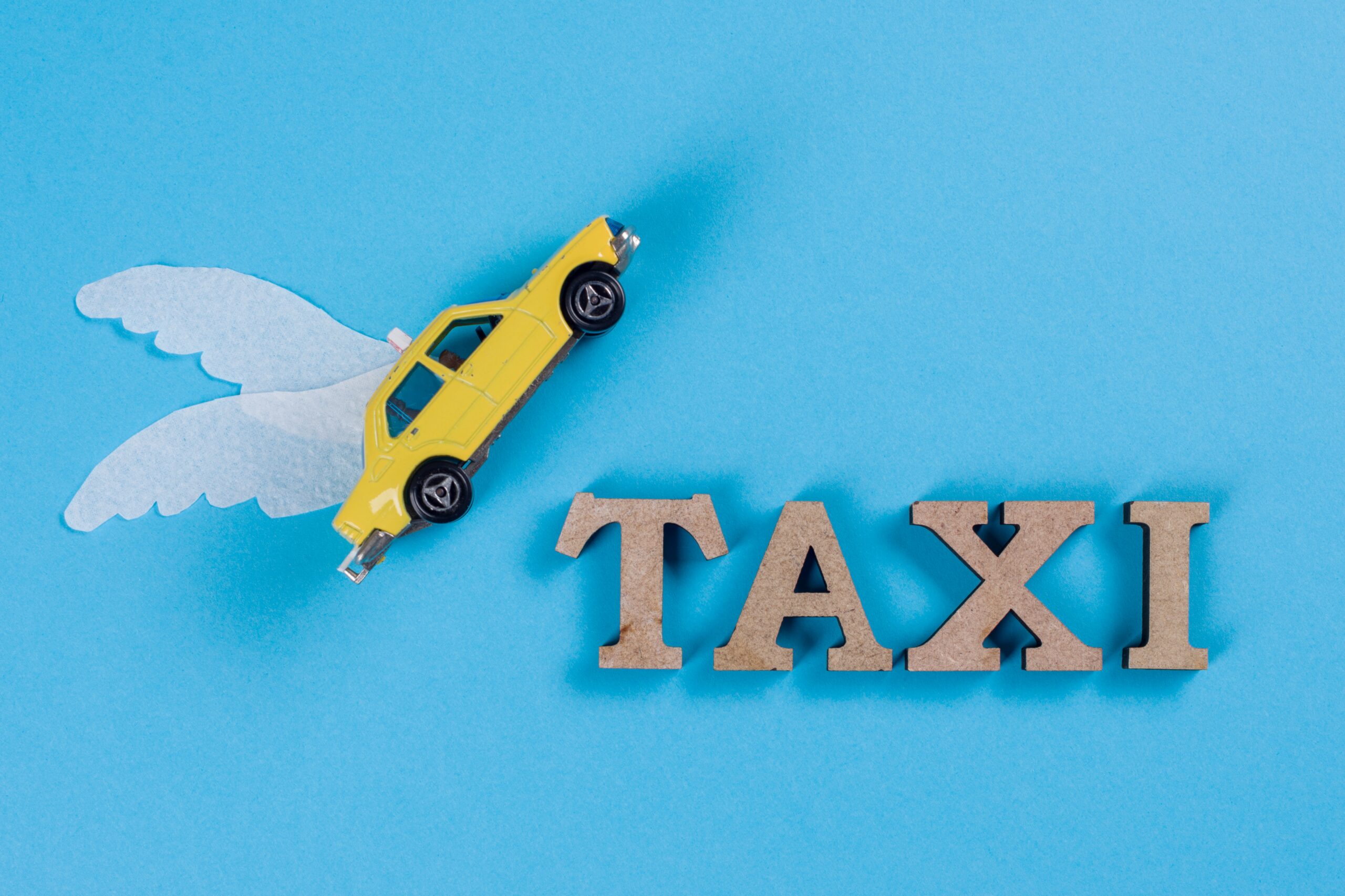Introduction:
Transportation has come a long way since the invention of the wheel. From horse-drawn carriages to steam-powered trains, cars, and planes, humans have always been fascinated by the idea of moving faster, further, and more efficiently. But as we enter the 21st century, the world is experiencing a transportation revolution, fueled by new technologies that promise to transform the way we move.
At RTOTimes, we are committed to bringing you the latest news and analysis about this exciting new era of transportation. In this post, we will explore some of the most promising technologies that are reshaping the way we get around, from electric cars and affordable flying taxis to hyperloop trains and zero-emission cargo ships.
Electric Cars:
Electric cars are not a new concept, but recent advancements in battery technology and charging infrastructure have made them more accessible and practical than ever before. Many automakers, from Tesla to Ford to General Motors, are investing heavily in electric vehicles (EVs) in response to growing demand for sustainable transportation options.
EVs offer several advantages over traditional gasoline-powered cars, including lower operating costs, reduced emissions, and improved performance. The use of regenerative braking, for example, allows EVs to recover energy that would otherwise be lost during braking, increasing their overall efficiency.
Flying Taxis:
Imagine being able to skip rush hour traffic by flying to your destination instead of driving. That’s the promise of flying taxis, also known as electric vertical takeoff and landing (eVTOL) vehicles. These aircraft are designed to take off and land vertically, enabling them to operate in urban environments where space is limited.
Several companies are already testing eVTOL prototypes, including Uber, Airbus, and Boeing. These flying taxis could significantly reduce travel times and congestion, making cities more livable and sustainable.
Hyperloop Trains:
The hyperloop is a futuristic mode of transportation that uses magnetic levitation and vacuum tubes to propel passenger and cargo pods at speeds of up to 700 miles per hour. The concept was first proposed by Elon Musk in 2013, and since then, several companies, including Virgin Hyperloop and Hyperloop Transportation Technologies, have been working to make it a reality.
Hyperloop trains could revolutionize long-distance travel by reducing travel times and increasing efficiency. They could also have significant environmental benefits, as they would produce far fewer emissions than airplanes or cars.
Zero-Emission Cargo Ships:
The transportation sector is responsible for a significant portion of global greenhouse gas emissions, but one area that often goes overlooked is shipping. Cargo ships are responsible for transporting more than 80% of global trade, but they are also a major source of pollution, with many running on heavy fuel oils that emit large amounts of sulfur and other pollutants.
However, several companies, including Maersk and CMA CGM, are working to develop zero-emission cargo ships that run on clean fuels like hydrogen and ammonia. These ships could significantly reduce the environmental impact of global trade and help mitigate climate change.
Conclusion:
The future of transportation looks bright, with new technologies promising to make travel faster, more efficient, and more sustainable than ever before. At RTOTimes, we are committed to keeping you informed about these exciting developments and their potential impact on the world. Stay tuned for more news and analysis from our team of expert journalists and analysts.
